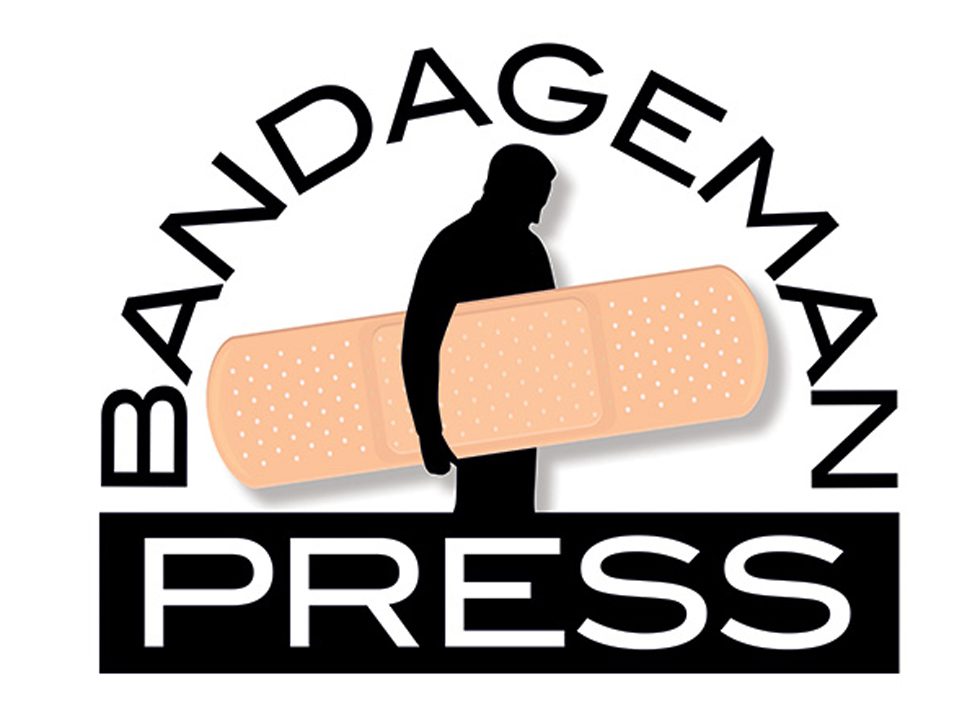Daniel J. Waters

Daniel J. Waters
Author, Bandageman Press
A surgeon’s great second act
When author Daniel J. Waters sits down to write, he thinks back to the South Jersey Shore of his youth – late 1960s to early 1970s. It’s the shore that Springsteen sings about, when you didn’t need a beach tag to set your umbrella in the sand.
That South Jersey nostalgia is the backdrop for the mystery, suspense and drama that characterizes many of Waters’ books.
“When you hold the book in your hand and look at your name on the spine, at the very least you think, ‘I made this.’”
Writing has always been something he’s felt drawn to, he says – all the way back to his English classes at Bishop Eustace Preparatory School in Pennsauken. His first published piece, a short essay about the intense days and long nights taking care of sick babies in CHOP’s NICU called “Baby Blues,” appeared in the Journal of the American Medical Association in 1982 and was later adapted for a cable TV segment. Later, his books “A Heart Surgeon’s Little Instruction Book” (1996) and “A Surgeon’s Little Instruction Book” (1998) became influential texts that have sold tens of thousands of copies and are still quoted in medical newsletters today.
But actually becoming an author is his “great second act,” he says. In fact, the name “Bandageman” was a nod to his medical background.
“Being able to throw myself into writing has been such an enjoyable, intellectual and satisfying way for me to transition from a high-stress, high-pressure career like heart surgery to something that still keeps me engaged, but where the worst thing that can happen is you get a bad review.”
In fact, he found that his medical background is what made way for him to become an author in the first place. Good physicians, he says, are good students of human behavior.
“Being a physician, regardless of your specialty, is an ongoing study of human nature,” says Waters. “In both medicine and writing, you get to see more of the human experience than the average person, and you get to see people in a lot of different contexts. If you’re observant, you can develop little bits of those people to create really complex characters.”
He’s brought those insights – and his medical knowledge – into each novel, he says. Sometimes it’s a background aside, like when one of his female supporting characters discovered a lump in her breast, and sometimes it’s the main plot point, like in “Threshold,” and its upcoming sequel.
But books aren’t the only things he writes, he says. Waters also writes for a medical website, he recently got another poem published, is speaking at a medical writer’s conference and had an essay published in a major literary journal.
Novels are fun, he says, but they’re hard work. He compares writing a novel to the roller coasters looming over amusement parks along South Jersey’s boardwalks.
“You build it as you write, heading upward, taking twists and turns and loops and backtracks to keep things interesting,” says Waters. “And you do that for about 100,000 words.”
He’s a visual writer, so he doesn’t outline the plot ahead of time.
“I sit down and write as if I’m reading the story,” says Waters. “As I’m playing out a scene, I stop and think, ‘What would surprise me right now if I were reading this? What would I not see coming?’ Very rarely do I know where my characters are going to end up when I sit down to write.”
And by all accounts, they are now regarded as noteworthy stories. Waters’ books have struck a chord even beyond those readers who also have fond memories of the Jersey Shore. His book, “Ship Bottom Blues,” published in 2019, received the 2020 Nancy Pearl Award for Best Book from the Pacific Northwest Writers Association.
“When you hold the book in your hand and look at your name on the spine, at the very least you think, ‘I made this,’” says Waters. “Even if just 5 people read it, at least my tombstone won’t say I’m a failed writer.”


